King Cotton by John Philip Sousa (Duet for alto saxophone and euphonium)
 Instant Download
Instant Download
Details
Description
SKU: A0.899867
Composed by John Philip Sousa. Arranged by Alexander L Burden. Romantic Period. Score and parts. 10 pages. Alexander Burden #3560127. Published by Alexander Burden (A0.899867).Genre: March
Length: 2:48
Instrumentation: Alto Saxophone and Euphonium
King Cotton is a military march composed in 1895 by John Philip Sousa, for the Cotton States and International Exposition (1895). The expression "King Cotton" in general refers to the historically high importance of cotton as a cash crop in the southern United States. This fun arrangement and challenging arrangement for alto saxophone and euphonium is sure to be a crowd favorite and includes altissimo passages in the saxophone part.
The Composer:
John Philip Sousa (November 6, 1854 – March 6, 1932) was an American composer and conductor of the late Romantic era, known primarily for American military and patriotic marches. Because of his mastery of march composition, he is known as "The March King", or the "American March King" due to his British counterpart, Kenneth J. Alford also being known by the former nickname. Among his best-known marches are "The Stars and Stripes Forever" (National March of the United States of America), "Semper Fidelis" (Official March of the United States Marine Corps), "The Liberty Bell" (used as the theme for Monty Python's Flying Circus), "The Thunderer" and "The Washington Post".
The Arranger:
Email: alburden9012@eagle.fgcu.edu
Alexander Burden is a Florida born, professional musician and music educator residing in Southwest Florida. There, he is the music teacher at Westside Elementary in Clewiston. Concurrent with his duties at Westside, he also teaches private and group instrumental music lessons and preforms regularly with various professional ensembles throughout Southwest Florida. Burden holds a Bachelor of Music Education degree with an instrumental concentration from the Bower School of Music at Florida Gulf Coast University in Fort Myers, Florida. There he studied under world renowned saxophonist Mario Bernardo. He also holds an Associate of Arts degree with a Music Education and Saxophone Performance concentration from Eastern Florida State College where he was a student of James Bishop. During his time at the Bower School of music, he served as principle saxophonist in the FGCU Wind Orchestra, lead alto in the Jazz Band Flight: Jazz at FGCU, and played soprano saxophone in the Bower Saxophone Quartet. Alexander was selected to play tenor saxophone in the 2017 National Intercollegiate Band as well as principle alto saxophone in the 2017 Florida All-State Intercollegiate Band and tenor saxophone in the 2016 Florida All-State Intercollegiate Band. In November of 2015, Alexander participated in a critically acclaimed performance at Carnegie Hall in New York City with the FGCU Wind Orchestra.
This product was created by a member of ArrangeMe, Hal Leonard’s global self-publishing community of independent composers, arrangers, and songwriters. ArrangeMe allows for the publication of unique arrangements of both popular titles and original compositions from a wide variety of voices and backgrounds.
Digital Downloads are downloadable sheet music files that can be viewed directly on your computer, tablet or mobile device. Once you download your digital sheet music, you can view and print it at home, school, or anywhere you want to make music, and you don’t have to be connected to the internet. Just purchase, download and play!
PLEASE NOTE: Your Digital Download will have a watermark at the bottom of each page that will include your name, purchase date and number of copies purchased. You are only authorized to print the number of copies that you have purchased. You may not digitally distribute or print more copies than purchased for use (i.e., you may not print or digitally distribute individual copies to friends or students).
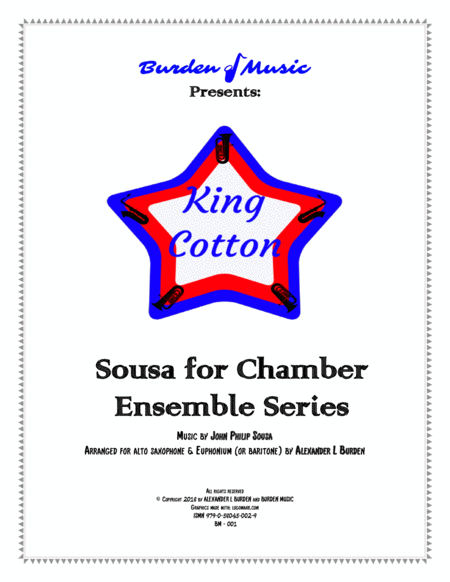
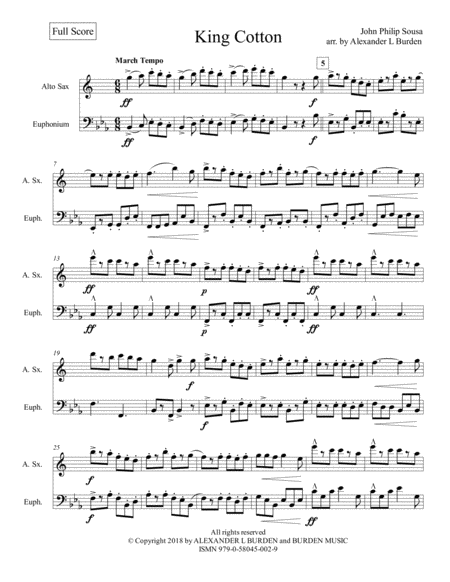
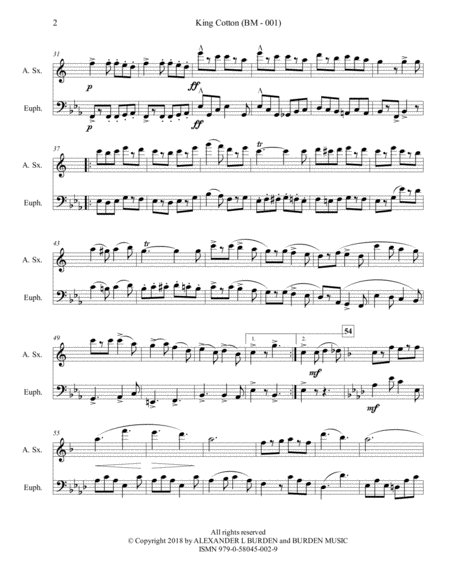
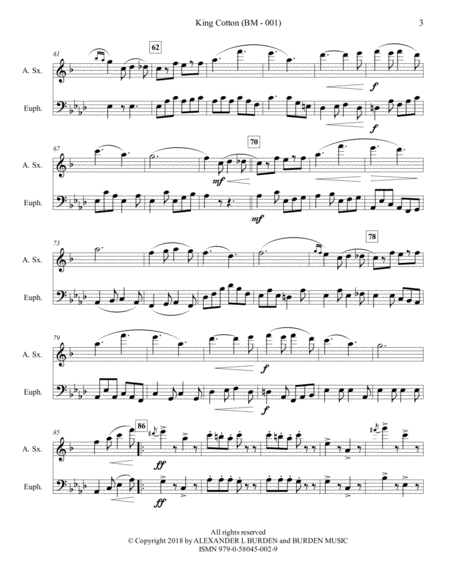
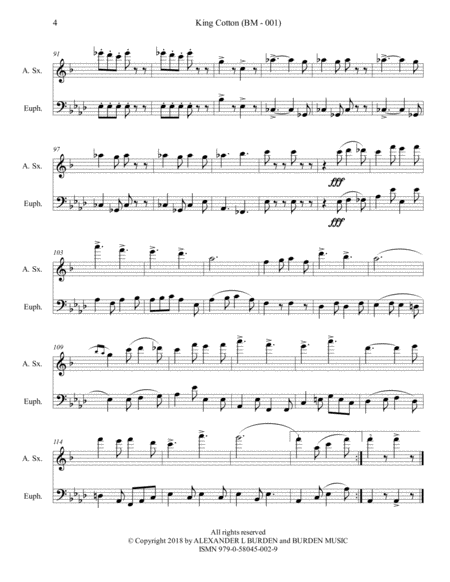
 Share
Share